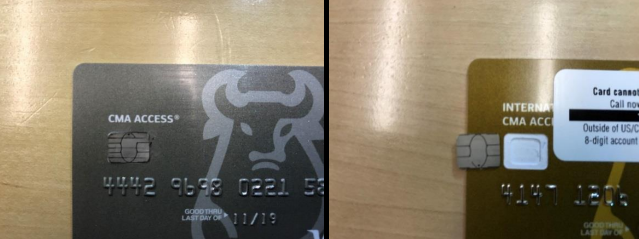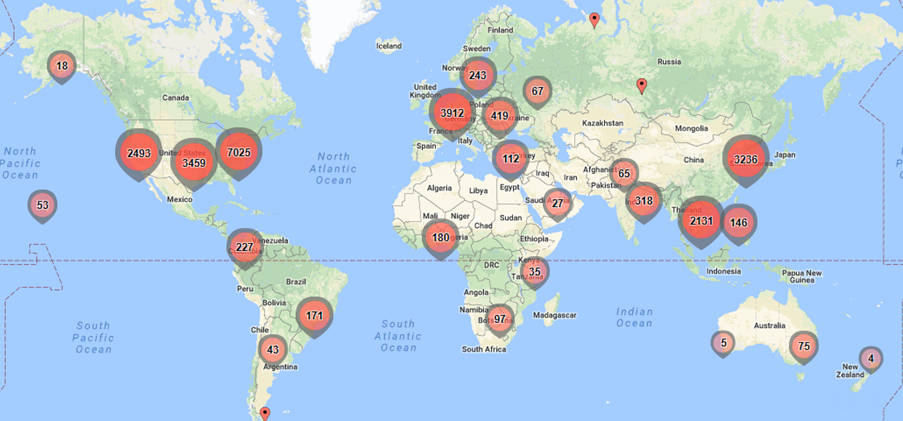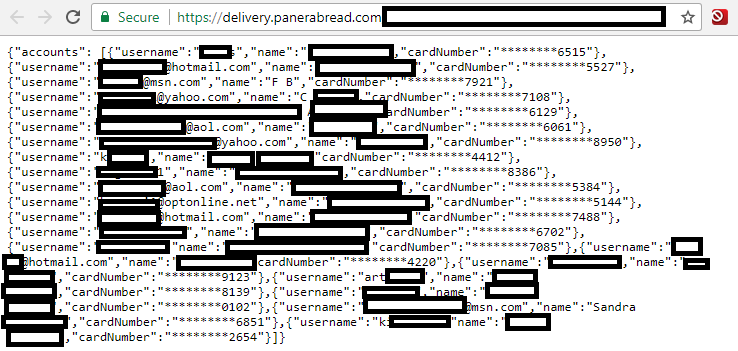A Sobering Look at Fake Online Reviews

Credit to Author: BrianKrebs| Date: Wed, 18 Apr 2018 16:08:36 +0000
In 2016, KrebsOnSecurity exposed a network of phony Web sites and fake online reviews that funneled those seeking help for drug and alcohol addiction toward rehab centers that were secretly affiliated with the Church of Scientology. Not long after the story ran, that network of bogus reviews disappeared from the Web. Over the past few months, however, the same prolific purveyor of these phantom sites and reviews appears to be back at it again, enlisting the help of Internet users and paying people $25-$35 for each fake listing.
Read More





